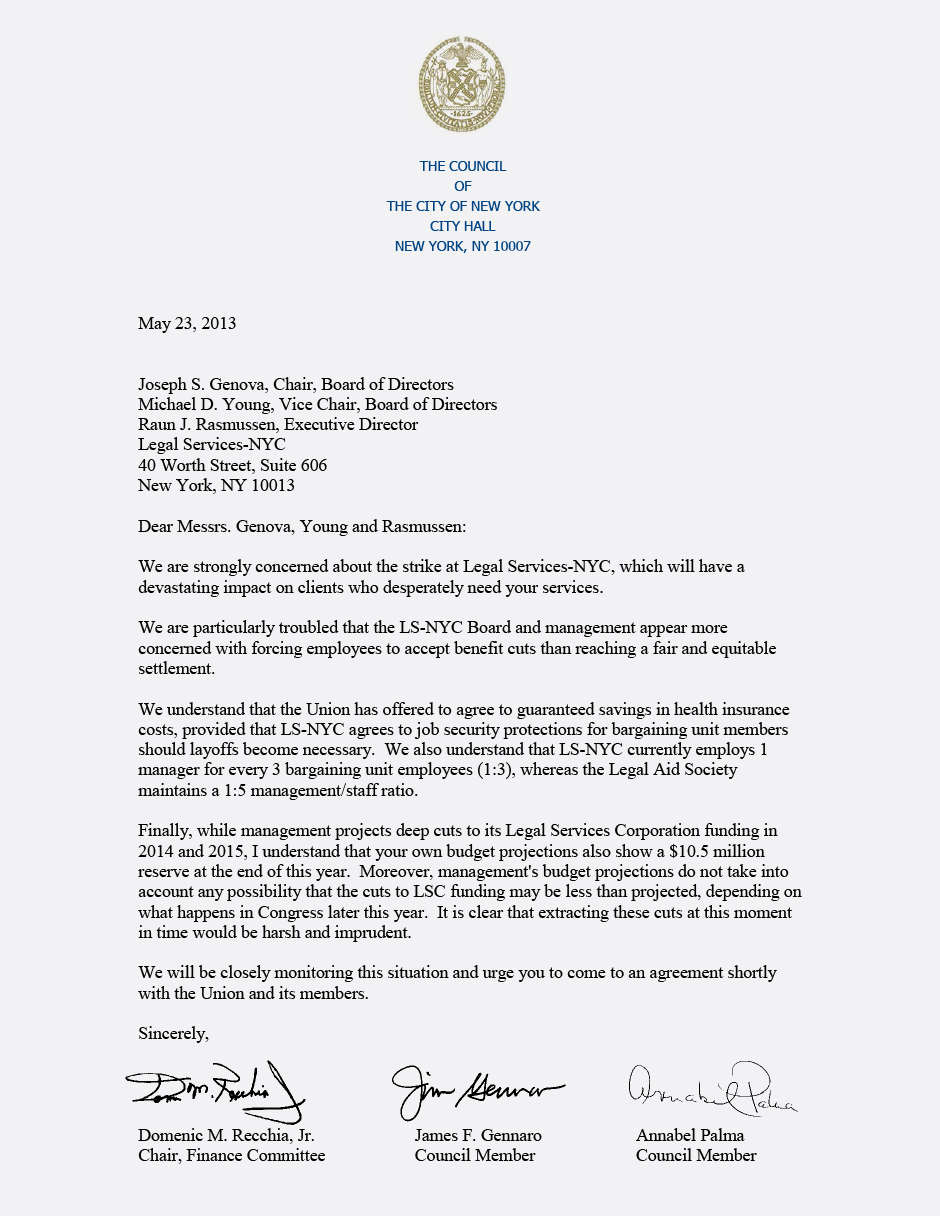
Manager planning is the process of deciding how an organization will allocate resources and achieve its goals. It starts with the identification of goals, ideally with a quantitative component and a qualitative vision. One example is that an organization could set the goal of increasing profits by 20% over twelve years. Once this goal has been defined, the next step is to distribute resources in the best way.
Job description for manager planning
A planning manager oversees the coordination of supply, inventory and equipment procurement for a company. He or her also attends tradeshows and negotiates prices from suppliers. A manager with this title should have relevant work experience and a Bachelor's Degree. Other responsibilities include creating reports about new programs, and overseeing general planning.
Planners are known for their creativity and organizational skills. They are also responsible for creating and maintaining a performance planning charter as well as change management plans. They coordinate with sales teams to ensure great customer service and communication.

Different types of manager planning
Four types of management planning are available. Managers at the top plan long-term company strategies and track employee progress. The company's resource allocator oversees its capital, people, materials, and finances. The disturbance handler predicts potential conflicts and creates strategies to address them. In addition, he/she helps the company recover after unexpected events.
On the other end, an operational plan deals directly with the dayto-to-day activities of a company. It can be a plan for one-time use or an ongoing plan which contains specific rules and regulations to achieve certain objectives. It may also include a contingency plan in case of an unplanned event.
Procedure involved
A series of steps is required for managerial planning to be successful. The first step is to determine the objectives the organization will achieve. An organization will usually choose two sets or objectives. These objectives should be stated clearly and clearly outlined at the beginning of the planning process.
The second step involves measuring progress and analyzing the results. This is vital for ensuring that the organization remains on track. Managers must evaluate their progress against these goals and make adjustments as necessary to ensure that the plan is working.

Manager planning can be limited
Planning for managers is an important aspect of management. But it also has its limitations. Managers can improve their planning efficiency by understanding these limitations. Planning involves establishing the premises that will guide decisions. There is no way to know the exact location of these premises accurately, so there is always a margin for error. These premises are often a limitation in manager planning.
Planning can also be affected by outside factors. For example, sudden changes in the political landscape may affect business decisions. The ability of companies to plan can be affected if they are subject to union pressures for wage increases. Taxation policies and financial institutions are other constraints. The freedom of a manager may be restricted by work regulations. These rules could prevent managers from making the changes that are necessary to make the enterprise a success.
FAQ
What is the average price you should charge for a consulting job?
It all depends on the service you offer. If you are providing services for free, then there isn't any point in charging anything. However, if you are selling products or services, then you need to set prices based on value.
If you're providing low-quality service, you don’t have anything to offer. You are not worth anything, so why should anyone pay you anything.
You might be able ask for a more expensive price if your services are of high quality. People recognize the value in you offering. Clients who purchase multiple packages may be eligible for discounts.
What's the difference between an advisor and a consultant?
An advisor is someone who provides information about a subject. Consultants offer solutions to problems.
To help clients achieve their goals, a consultant works directly with them. The advisor provides indirect advice through books, magazines lectures, seminars, and the like.
Why would a company hire consultants?
A consultant provides expert advice on how to improve business performance. They are not there to sell you products.
A consultant assists companies in making better decisions by offering sound analysis as well as suggestions for improvement.
Consultants often work closely alongside senior management teams to help understand what they need to succeed.
They provide coaching and leadership training for employees to enable them to achieve their peak performance.
They can help businesses reduce costs, streamline processes, and increase efficiency.
Do I really need legal advice?
Yes! Consultants often create contracts with clients without getting legal advice. However, this can lead to problems down the road. If the client terminates an agreement with the consultant before the completion date, what are the consequences? What happens if your consultant doesn't follow the contract deadlines?
Avoid any legal issues by speaking with a lawyer.
How can I select a consultant?
There are three main factors to consider:
-
Experience - How skilled is the consultant? Is she a beginner? Intermediate? Advanced? Expert? Does her resume demonstrate that she has the required skills and knowledge
-
Education – What did the person learn in school? Did he/she pursue any relevant courses once he/she graduated? Can we see evidence of that learning in the way s/he writes?
-
Personality - Are we attracted to this person? Would we hire him/her to be our employee?
-
These questions are used to determine if the candidate is right for us. If you don't have clear answers, it may be worth meeting with the candidate for an interview.
Statistics
- According to statistics from the ONS, the UK has around 300,000 consultants, of which around 63,000 professionals work as management consultants. (consultancy.uk)
- So, if you help your clients increase their sales by 33%, then use a word like “revolution” instead of “increase.” (consultingsuccess.com)
- Over 50% of consultants get their first consulting client through a referral from their network. (consultingsuccess.com)
- "From there, I told them my rates were going up 25%, this is the new hourly rate, and every single one of them said 'done, fine.' (nerdwallet.com)
- According to IBISWorld, revenues in the consulting industry will exceed $261 billion in 2020. (nerdwallet.com)
External Links
How To
How Can I Start A Consultancy Business With No Money?
Start your own consultancy company with a simple and efficient method - no capital investment required!
You'll learn how you can make money online, increase your skills, earn more cash and be successful.
I will share some secrets that show you how to generate traffic on demand, especially when people are searching for something specific.
This method is known as "Targeted Traffic". This method was designed specifically for you to do this...
-
Choose the niche that you are interested in.
-
To find the best solutions on Google, research which keywords people are using.
-
These keywords should be used to create content.
-
Post your articles on article directories.
-
Make sure to use social media sites for promotion of your articles.
-
Develop relationships with experts in the niche and influencers.
-
Be featured on these blogs and websites.
-
Sending emails can help you grow your email list.
-
Start making money.